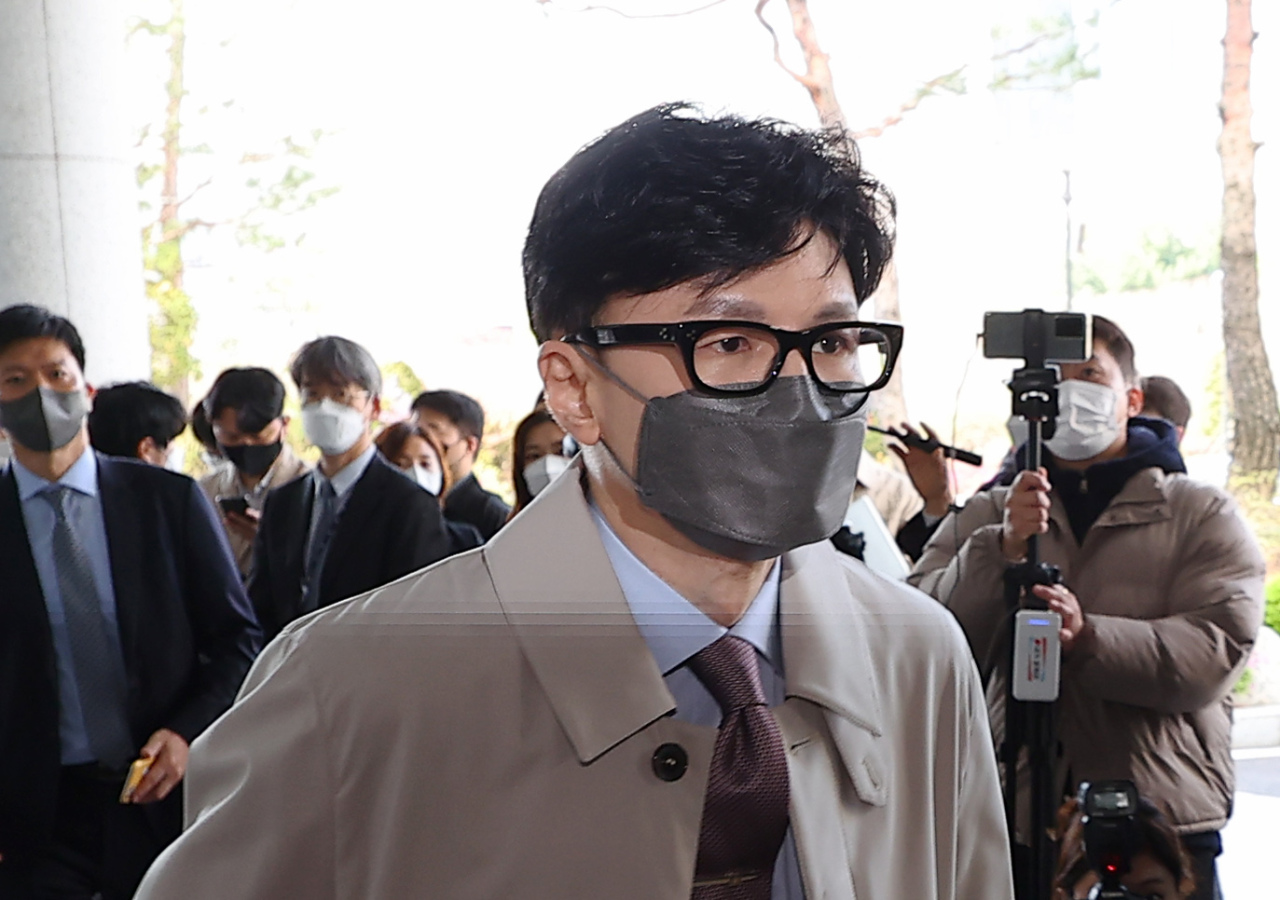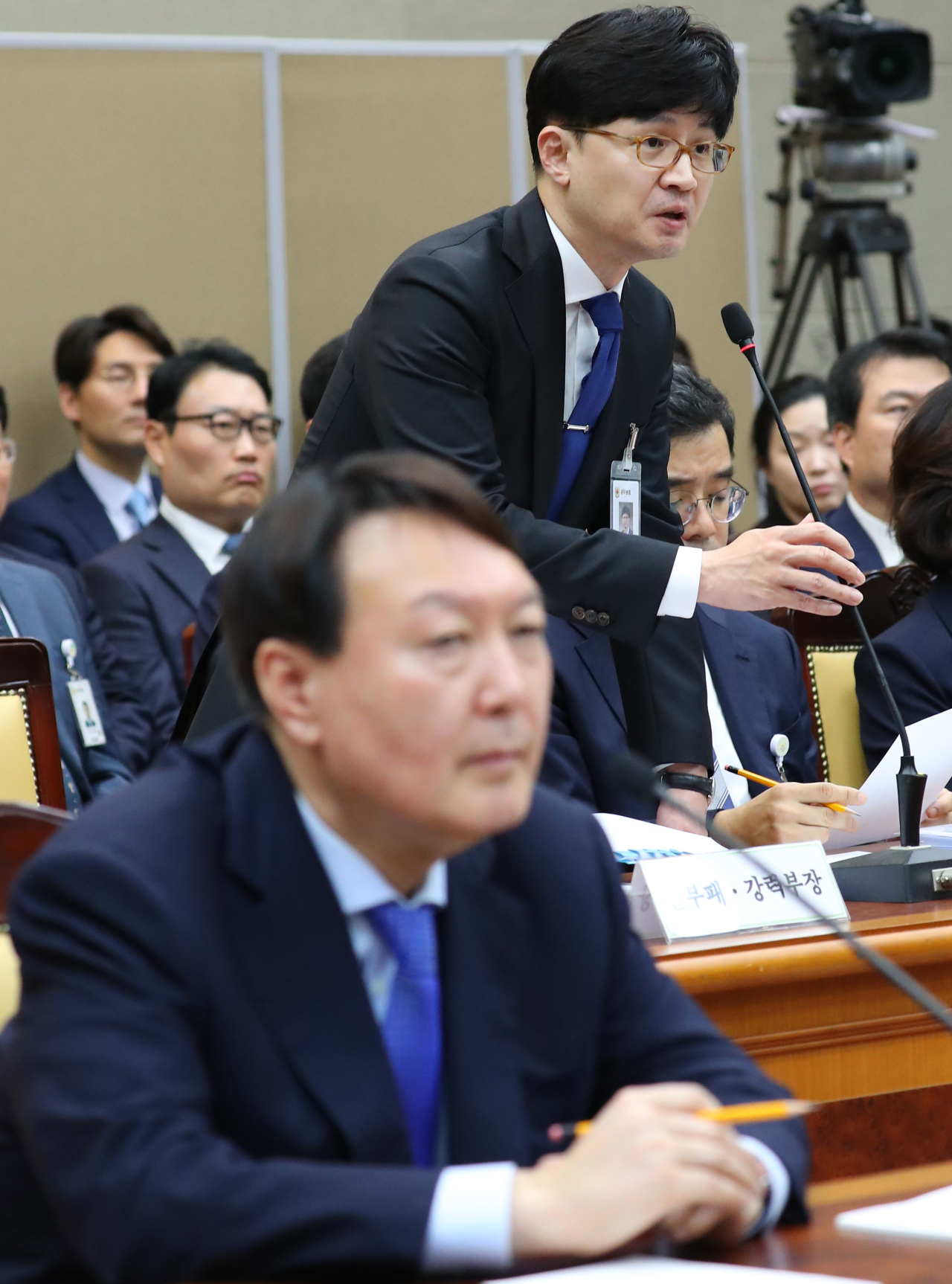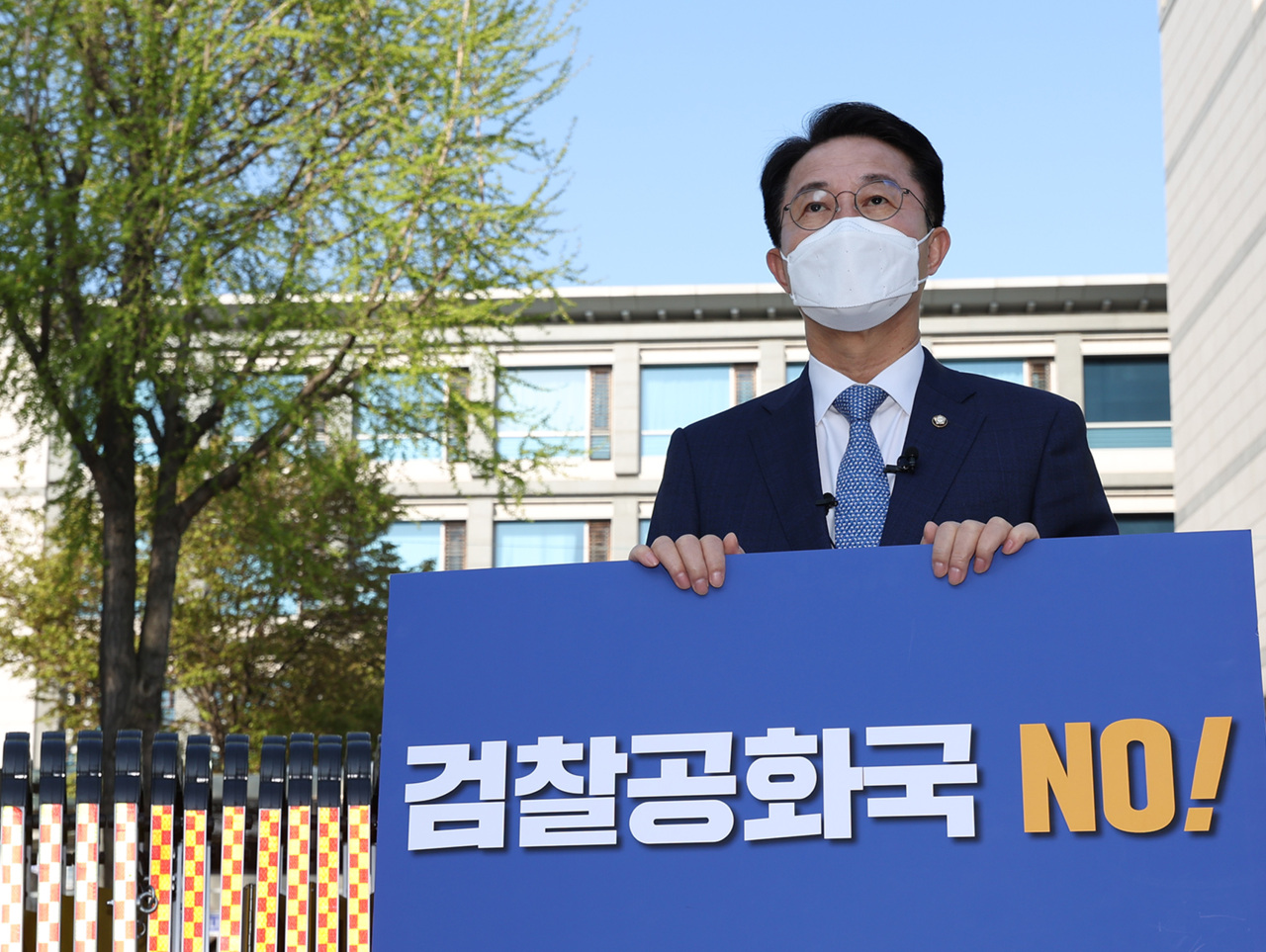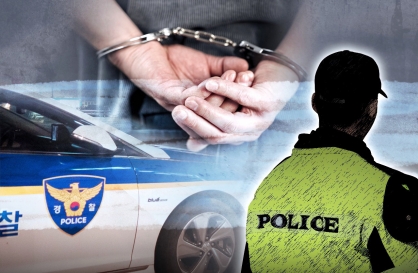Justice minister nominee controversy - justified fear or political calculations?
Following Yoon’s nomination of close confidant, opponents claim Yoon forming “republic of prosecutors”
By Jo He-rimPublished : April 19, 2022 - 15:28

President-elect Yoon Suk-yeol’s nomination of his closest confidant, senior prosecutor Han Dong-hoon, as the minister of justice has been met with fierce backlash from opponents, who take it as a signal foreshadowing political retribution.
With the country set for a change in power upon Yoon’s inauguration, Han’s nomination has come as a spark to the volatile situation surrounding the prosecution reform drive of the current ruling Democratic Party of Korea.
The Democratic Party, soon to be the main opposition, has interpreted Han’s nomination as an attempt to resist reforms.
Rep. Yun Ho-jung, the Democratic Party’s interim chief, called Han, “a loach slipping through the law,” and “Yoon’s puppet who comes to block the reform of the prosecution.”
Saying the nomination itself is flawed, the Democratic Party is also reviewing a plan to boycott the parliamentary confirmation hearing for Han, according to Rep. Min Hyung-bae, the chief of the party’s confirmation hearing task force.

Who is Han Dong-hoon?
Han’s nomination to head the Justice Ministry came as a surprise to many, as sources in legal circles speculated he would remain in the prosecution and be named to a high-ranking post due to his record of working high-profile cases as well as his connection to Yoon.
Han, 49, had worked on many high-profile investigations involving the country’s leading conglomerates and on scandals of former Presidents Park Geun-hye and Lee Myung-bak, alongside Yoon.
The list of high-profile cases aided in Han becoming the youngest-ever director of the anti-corruption department at the Supreme Prosecutors’ Office in 2019. However, following the investigation into corruption allegations surrounding then-Justice Minister Cho Kuk -- a close confidant of incumbent President Moon Jae-in -- Han was pushed off to posts of lesser importance.
During his presidential campaign, Yoon said Han “suffered much” under the Moon Jae-in administration and that Han ran investigations against the government “as if he is an independent activist.”
Han being named the justice minister nominee has prompted the Democratic Party to claim that Yoon is putting Korea on track for “de facto declaration of the country as a republic of the prosecution.”
“The Yoon Suk-yeol administration is declaring war on the opposition parties. (Han’s nomination) means he will wield his sword from the launch of the new government,” Democratic Party Rep. An Min-suk claimed upon Han’s nomination, calling on his party to resist such attempts.

Justice minister’s powers and reform bill
The Democratic Party’s opposition to Han’s nomination centers on the justice minister’s authority to launch special counsel investigations and the implications for the party’s push to strip prosecutors of their investigative powers.
Despite great backlash from across the aisle, the Democratic Party has made it part of the party platform to pass a reform bill for “complete forfeiture of the prosecution’s investigative capabilities” before the end of this month.
However, the justice minister has the authority to launch a permanent special counsel. This authority would allow Han as the justice minister -- and by extension the new administration according to the Democratic Party -- to effectively bypass the changes made by the revision.
Some observers view the bill as being pushed to weaken the prosecution, as the liberal bloc believes the law enforcement agency is likely to run extensive investigations into allegations involving Lee Jae-myung, the former presidential candidate of the Democratic Party, and incumbent President Moon Jae-in and his close aides.
Rep. Kweon Seong-dong, the floor leader of the future ruling People Power Party, criticized the Democratic Party’s potential plan to boycott the parliamentary confirmation hearing for Han.
“The Democratic Party is overreacting to the justice minister nominee in an incomprehensible manner, calling him a cancerous tumor, and the nomination as a nationwide terror act,” Kweon said.
Labeling the liberal party’s prosecution reform bill as “unjust,” Kweon said it is necessary to have the prosecution and police keep each other in check, and that it is not right for the police to monopolize the investigative power.
Imperial presidency?
In another aspect, President-elect Yoon tapping Han to lead the Justice Ministry is interpreted as a move to support Yoon to carry out his election pledge to abolish the Office of the Senior Secretary for Civil Affairs at his presidential office.
The presidential secretary for civil affairs that handles discipline for public officials has been widely seen as a channel for the president to maintain relations with investigative entities, such as the prosecution, the police and National Tax Service.
As seen from examples of how many previous presidential secretaries for civil affairs faced accusations and investigations for power abuse, the post was also thought of as an element of the “imperial presidency” -- a term coined to describe how the president holds too much power.
Yoon said he would discard the senior secretary office in order to put an end to the “emperor-like presidency.”
Opponents, however, say Yoon would have a greater power over the prosecution, and ultimately transform the country into a “republic of prosecutors,” by having his closest ally in office as justice minister.
With his strong connections to prosecutors formed during his years as a prosecutor, Yoon would not need the presidential secretary for civil affairs for connections with state investigative bodies.
“Han would practically play the role as the presidential secretary for civil affairs (for Yoon), and become a king-like minister,” Rep. Cho Eung-cheon of the Democratic Party said in a radio interview.
Han, however, says that his close relationship with the president-elect is strictly professional and that he has always followed the principles of justice and common sense.
As the dispute is escalating over the controversial nomination, a standing adviser at the incoming People Power Party also criticized Yoon as “no different” from other presidents who wield their “imperial” presidential powers.
“Yoon’s nomination of Han discards all of the presidential pledges for cooperation and coalition in a blow,” Lee Jae-oh said in a radio interview.
The public is sharply divided on Han’s nomination.
In a public survey conducted from Friday and Saturday by Korea Society Opinion Institute and TBS, 43.2 percent of 1,009 respondents over 18 said they see the nomination of Han as “appropriate,” while 44.7 percent said it is “inappropriate.” The remaining 12.1 percent said they do not know.
While Han is expected to face a tough confirmation hearing at the National Assembly, he may still be appointed by the president, as only the prime minister requires parliamentary approval.
By Jo He-rim (herim@heraldcorp.com)






![[From the Scene] Monks, Buddhists hail return of remains of Buddhas](http://res.heraldm.com/phpwas/restmb_idxmake.php?idx=644&simg=/content/image/2024/04/19/20240419050617_0.jpg&u=20240419175937)









![[From the Scene] Monks, Buddhists hail return of remains of Buddhas](http://res.heraldm.com/phpwas/restmb_idxmake.php?idx=652&simg=/content/image/2024/04/19/20240419050617_0.jpg&u=20240419175937)

![[KH Explains] Hyundai's full hybrid edge to pay off amid slow transition to pure EVs](http://res.heraldm.com/phpwas/restmb_idxmake.php?idx=652&simg=/content/image/2024/04/18/20240418050645_0.jpg&u=20240419100350)

![[Today’s K-pop] Illit drops debut single remix](http://res.heraldm.com/phpwas/restmb_idxmake.php?idx=642&simg=/content/image/2024/04/19/20240419050612_0.jpg&u=)